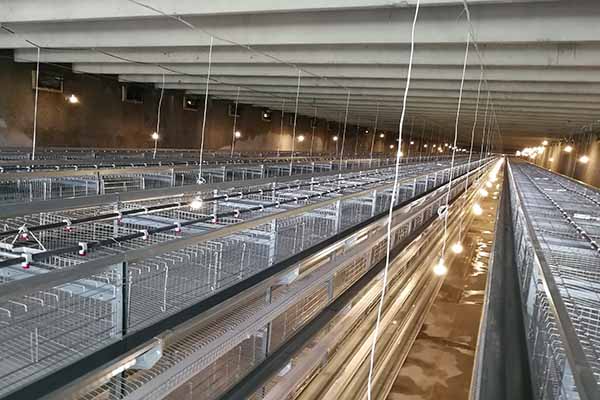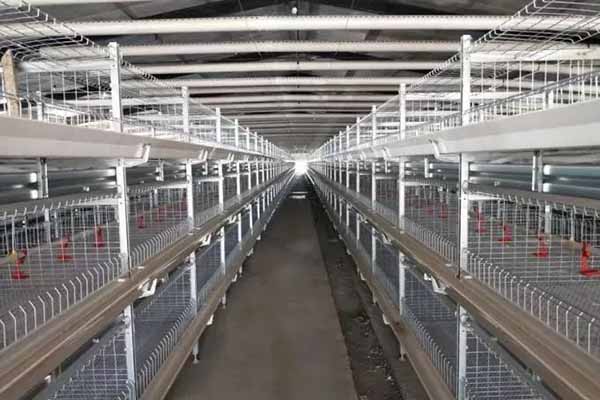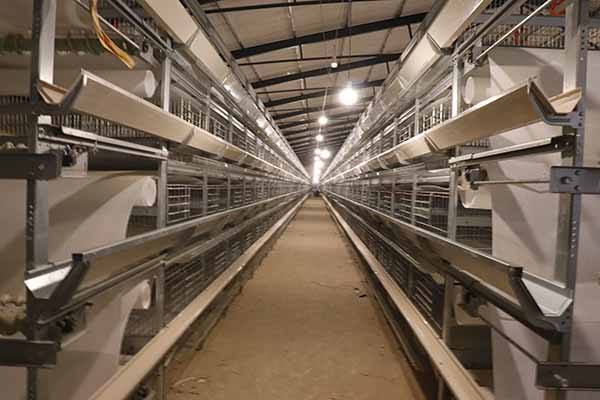Exploring Tanzania’s Kenyan Chicken Farming Equipment with Government Subsidy Policy
Time : 2025-06-26
Chicken farming has become an integral part of the agricultural sector in Tanzania, particularly with the increasing demand for poultry products in the local and international markets. The Kenyan chicken farming industry has also seen significant growth, making it a model for other African countries. This article delves into the use of advanced farming equipment in Kenyan chicken farming, the role of the Tanzanian government in providing subsidies for such equipment, and the overall impact on the industry’s efficiency and sustainability.
The Rise of Kenyan Chicken Farming Equipment
The Kenyan chicken farming sector has been witnessing a transformation, largely driven by the adoption of modern farming equipment. This shift has been crucial in enhancing productivity and ensuring the quality of chicken products. From automated feeders and waterers to state-of-the-art incubators and sorting machines, the equipment has been instrumental in streamlining the farming process.

Kenyan farmers have been investing in these technologies to keep up with the industry’s rapid growth. The demand for high-quality chicken meat and eggs has led to a competitive environment where efficiency and speed are key. Advanced equipment has helped in reducing labor costs and minimizing the risk of disease, which are significant concerns in chicken farming.
The Role of Government Subsidy Policy in Tanzania
In Tanzania, the government has recognized the potential of chicken farming to contribute significantly to the country’s economy. To encourage the adoption of modern farming practices and improve the overall productivity of the sector, the government has implemented various subsidy policies.
These subsidies are targeted at farmers who invest in high-quality equipment, aiming to bridge the gap between the cost of modern machinery and the resources available to small-scale and medium-sized farmers. The government’s subsidy policy covers a wide range of equipment, including feeders, waterers, egg collection systems, and environmental control systems.
Under the subsidy program, eligible farmers can receive up to 50% of the cost of the equipment, making it more affordable and accessible. The government’s initiative has been met with positive responses from farmers, who have been able to upgrade their operations and improve the quality of their chicken products.
Impact on Industry Efficiency and Sustainability
The integration of advanced chicken farming equipment, coupled with government subsidies, has had a profound impact on the efficiency and sustainability of the industry in both Kenya and Tanzania.
Efficiency improvements are evident in various aspects of the farming process. Automated feeders and waterers ensure that the birds receive the right nutrition and hydration, contributing to better growth rates and health. The use of incubators has significantly reduced the chick mortality rate, improving the overall survival rate of the flock.
Moreover, sorting machines and other automated systems have helped in streamlining the collection and grading of eggs, ensuring  that only the highest quality products reach the market. This has not only increased the value of the products but also reduced waste.
that only the highest quality products reach the market. This has not only increased the value of the products but also reduced waste.
From a sustainability perspective, modern farming equipment is designed to minimize environmental impact. For instance, the use of environment control systems helps in maintaining optimal conditions for  the birds, reducing the need for antibiotics and other medications that can have adverse effects on the environment and public health.
the birds, reducing the need for antibiotics and other medications that can have adverse effects on the environment and public health.
Conclusion
The adoption of advanced chicken farming equipment, supported by government subsidy policies, has been a game-changer for the Kenyan and Tanzanian chicken farming industries. It has improved efficiency, increased productivity, and contributed to the sustainability of the sector. As the demand for poultry products continues to rise, these advancements will play a crucial role in meeting the growing global demand for safe and high-quality chicken meat and eggs.
By investing in modern technology and ensuring that small-scale farmers have access to affordable equipment through government subsidies, Tanzania can replicate the success story of Kenya’s chicken farming industry.











